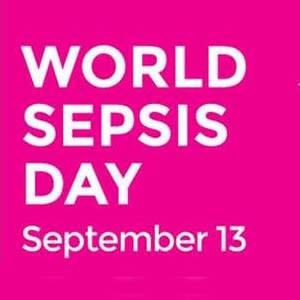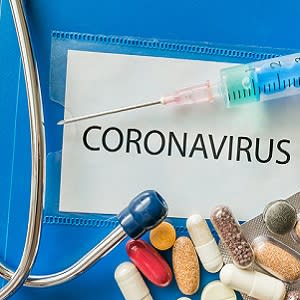Patient Monitoring
- 17/05/2024
Patient monitoring in the ICU is critical for providing high-quality medical care. Monitoring involves continuous surveillance of physiological parameters to assess patient condition and detect signs of deterioration promptly. This includes monitoring vital signs such as blood pressure, heart rate, respiratory rate, and body temperature; continuous ECG monitoring, monitoring of respiratory parame
READ MORE




